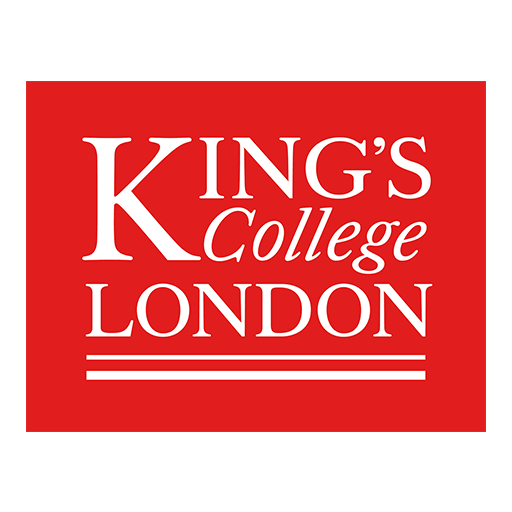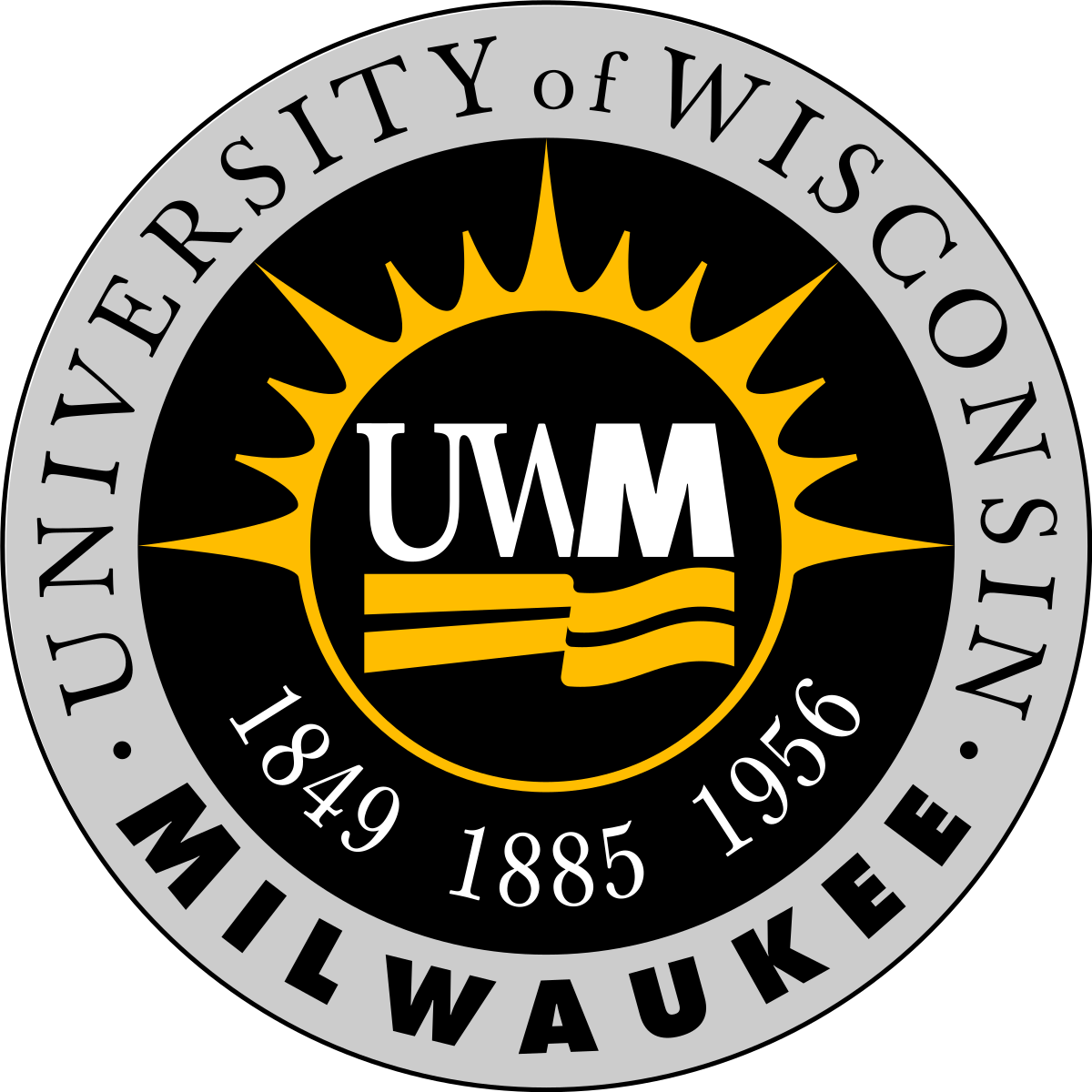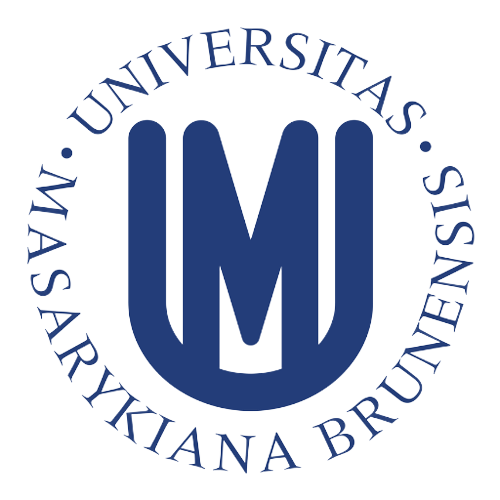Core modules
You will study three core modules:
Historical Approaches
This module provides students with an advanced introduction to some of the ways in which historians have approached a range of prominent themes within the modern historical discipline, such as religion, gender, race, class, community, and conflict. The module introduces these themes through a mixture of case studies and background reading and information, with an emphasis on historiographical development and a range of different theoretical, methodological and interdisciplinary influences, such as sociology, anthropology, the material turn, etc. Each week students are guided in reading influential texts that relate to one of these key themes, and students then meet in small seminar groups to discuss a mixture of historiographical case studies and additional theoretical background.
Assessment: 4,000 word review of approaches to one of the themes covered by the module in your own chosen historical field
Research Preparation
This module is designed to deliver three complementary strands, with the ultimate aim of supporting students on the MA History to design, plan and research an ambitious dissertation topic. The first strand is a series of lectures on key research skills in the historical discipline, ensuring that students are confident when it comes to aspects of research design such as defining a topic, reviewing secondary literature, identifying and accessing appropriate primary sources, etc. The second strand is a series of seminars designed to support specialist sub-disciplinary skills relating to (for example) chronological period or a particular geographical area or methodological approach. The third strand is a series of one-to-one supervisions with an academic advisor, to offer the student guidance and feedback as they devise their own unique research project, and lay the groundwork for their masters dissertation. The module also helps students to develop important skills in presenting and articulating their research to a larger non-specialist audience.
Assessment: 3,000-word literature review (75%), 10 minute oral presentation (25%)
Introduction to Early Modern History
This module offers a broad introduction to some of the most significant themes in early modern history, focussing on key historiographical debates while at the same time training students in practical and methodological approaches to a broad range of primary sources, ranging from legal sources and printed texts to visual and material sources. It will introduce students to a wide variety of topics important to the understanding of Early Modern History such as Church, Household, Revolution and the Self. Through such thematic topics, it will provide a broad knowledge base to draw upon both for students specialising in Early Modern History and for students on the general MA history as they begin to think about areas of interest on which to focus for the dissertation.
Assessment: 4,000-word essay
Optional modules
If you choose to study the Early Modern History pathway you must choose at least 20 credits from the Early Modern History or Special Subject lists below.
These lists are indicative; not all modules will run each year depending on staff availability.
Early Modern History
Capital Lives: Experiencing the City in Eighteenth- and Nineteenth- Century Britain
Of Great Powers and Failed States. Conceptions of the State in the Modern World
Women Behaving Badly in Tudor and Stuart England
Before and After the Mongols: Political Authority in Islamic Lands, 1000-1600
Warfare at Sea from the Armada to D-Day
Before Globalization?: Afro-Eurasian World History 500-1800
Piracy, Plunder, Peoples and Exploitation: English Exploration in the Tudor Period
Experts, Scholars, and Spies: the Information Revolution in Early Modern Europe
English Drama and Creative Studies optional modules:
Fantastic Beasts and Where They Came From
The Figure of the Witch: Witch Writings c. 1400-1700
Ancient Language modules:
Latin 1
Latin 2
Latin 3
Latin Texts
Special Subjects
If you choose a Special Subject as an option, you must take two co-requisite modules to the total of 40 credits. Topics available in recent years have included
Beauty, Blood, Sweat and Tears: The Body in Britain, c1680-1820 (Masters): A
Beauty, Blood, Sweat and Tears: The Body in Britain, c1680-1820 (Masters): B
Piracy, Plunder and Exploitation: English Exploration in the Tudor Period (Masters) A
Piracy, Plunder and Exploitation: English Exploration in the Tudor Period (Masters) B
Historical relations: Families in global perspective, 1500-2020 (Masters): A
Historical relations: Families in global perspective, 1500-2020 (Masters): B
A History of the Tudors in 100 Objects (Masters): A
History of the Tudors in 100 Objects (Masters): B
Gunpowder, Treason and Plot: England under Elizabeth I and James I (Masters): A
Gunpowder, Treason and Plot: England under Elizabeth I and James I (Masters): B
Dissertation
In addition to your taught modules, you will conduct a piece of independent research with the support of a supervisor, culminating in a 15,000-word dissertation. Your dissertation must be on a topic within the pathway area of specialism.
Please note that the optional module information listed on the website for this programme is intended to be indicative, and the availability of optional modules may vary from year to year. Where a module is no longer available we will let you know as soon as we can and help you to make other choices.
Show less










